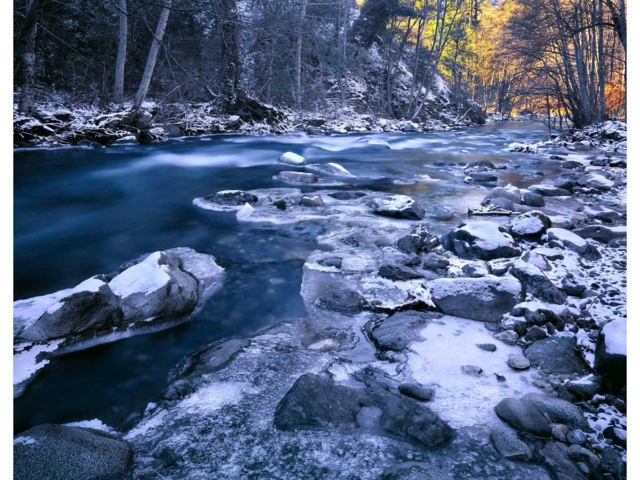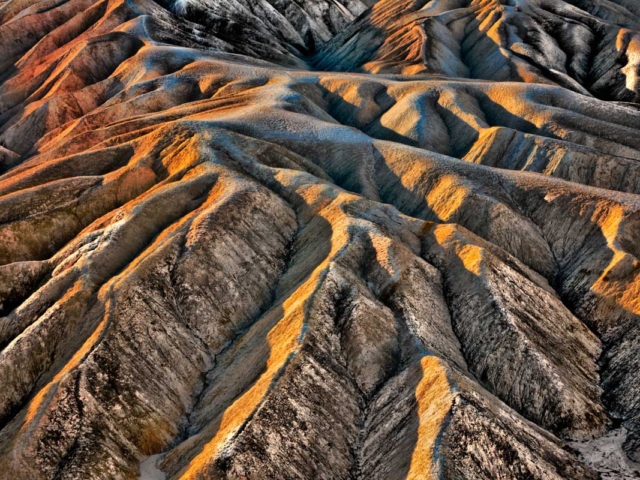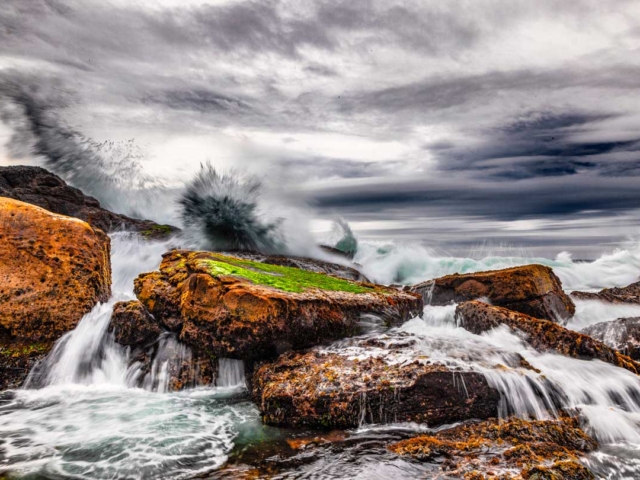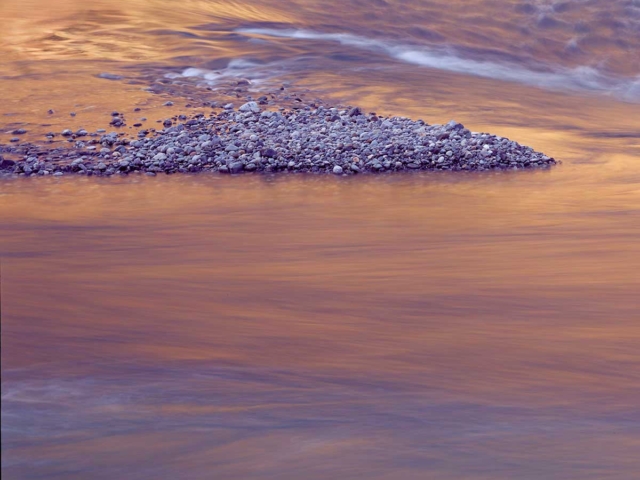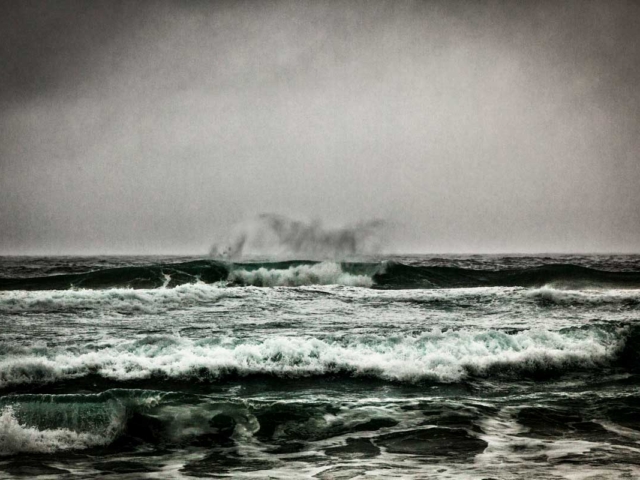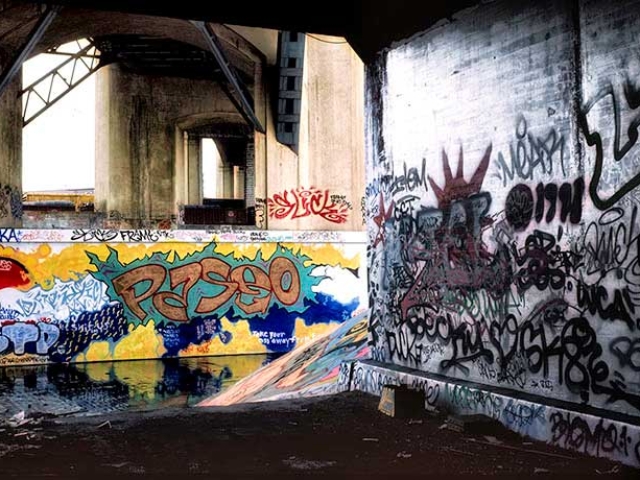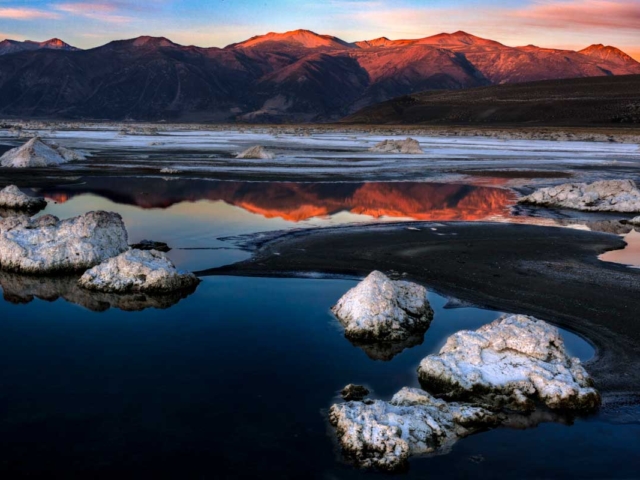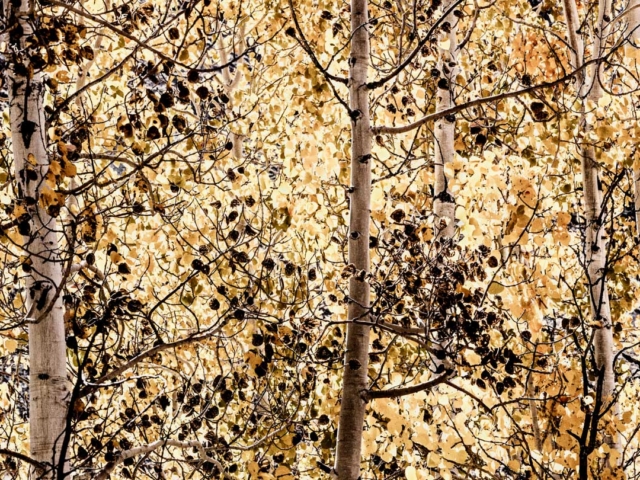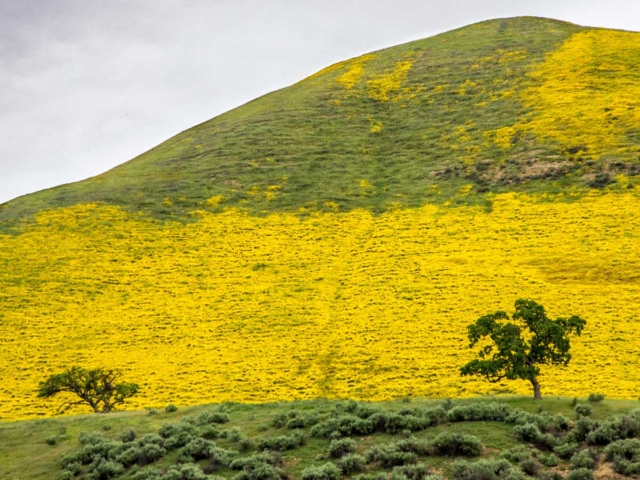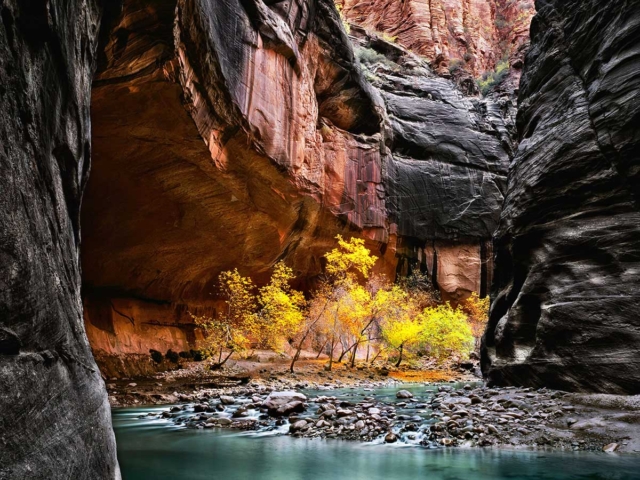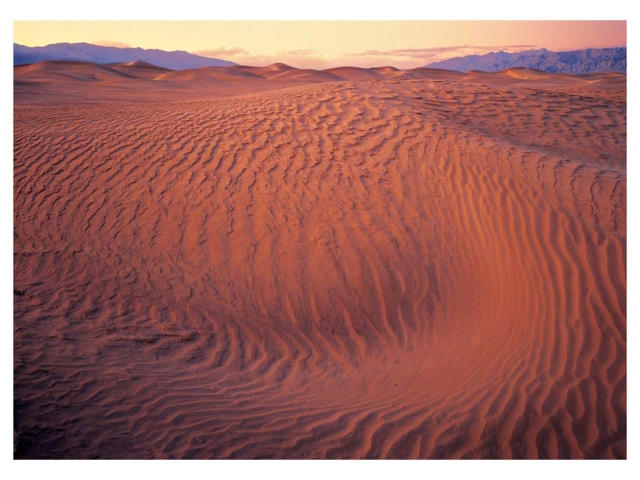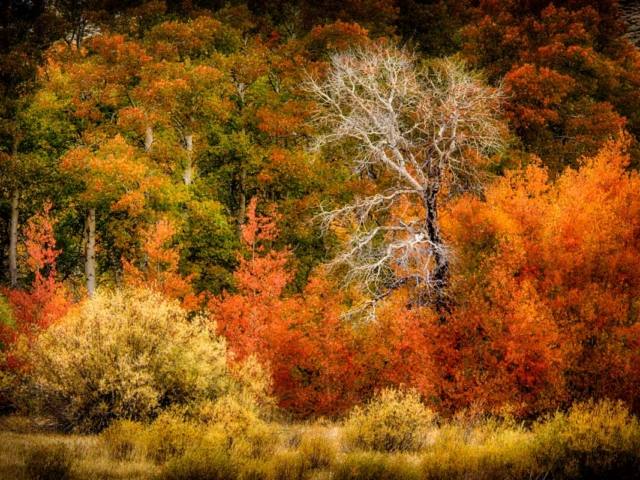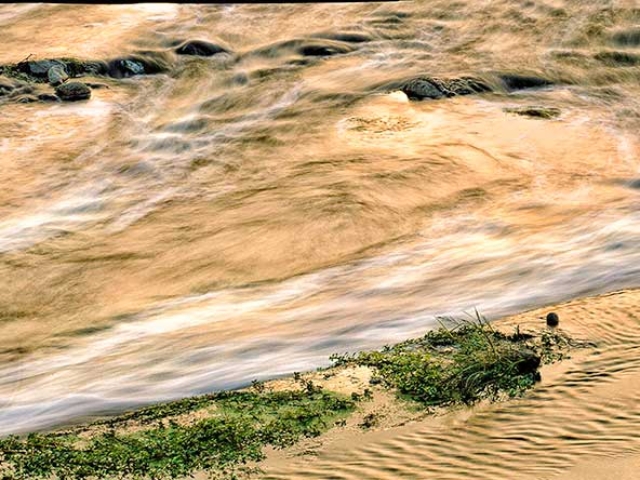Ford Lowcock
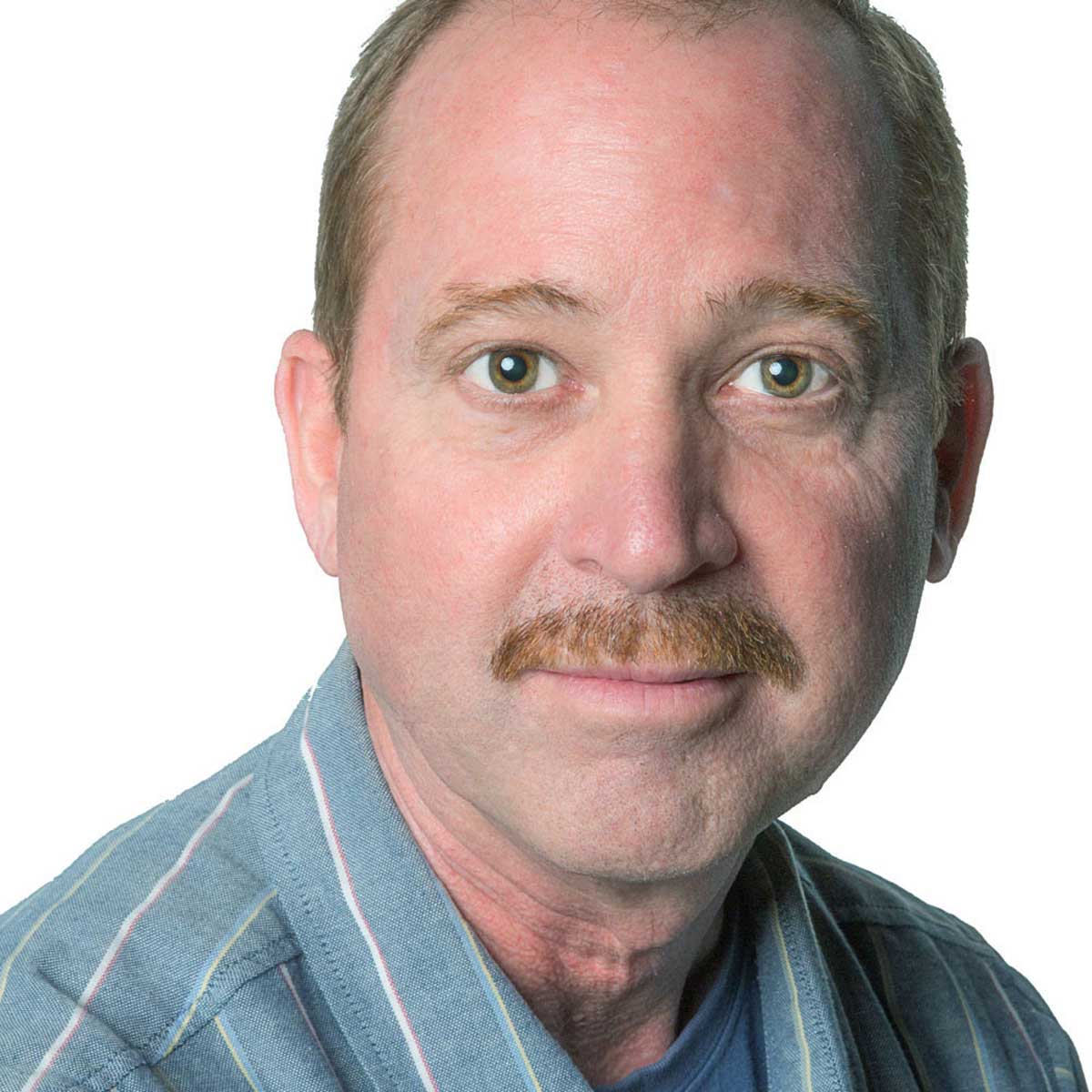
About
Ford Lowcock taught photography full-time for 23 years at Santa Monica College, where he is still teaching part-time. He fell in love with the iPhone camera when he started making 11×17” prints from its files. Ford has taught for Adobe Systems, because of his passion for mobile and Adobe products. Ford, not only will bring a wealth of knowledge and insight into this workshop, but also his passion for image making and photography in general, that is hopefully contagious. His fine art work has included extended projects on Barton Creek, Austin, Texas, Los Angeles River and The Klamath River in Northern California. Ford’s work has been collected by the Gernsheim Collection, Austin, Texas, Austin History Center, Citibank Corporation and numerous private collectors.
Scheduled to Teach
Gallery
LACP Interviews Ford Lowcock
LACP asks Ford Lowcock ten questions about his background, career in and beliefs about photography.
Los Angeles Center of Photography: What kind of photographer are you?
Ford Lowcock: Right now, I’m more of an opportunist photographer. I capture interesting observations and then I work on the image, first in a globally and then modulelly. In the past, I’ve been an architectural photog, I’ve photographed street rods and down hill pro dirt bike races (both for Japanese magazines), editorial for Austin Homes, Texas Monthly, Texas Parks and Wildlife. My love is to produce longer, more in depth photographic studies. Currently, I have two images included in an exhibition in Austin, Texas from a project I produced on Barton Creek, 1978-1984. I also have a huge unfinished project that covers the protection of the Coho Salmon along the Klamath River in Northern California and Southern Oregon.
LACP: How long have you been shooting?
FL: I begin my career in November 1974 when I was offered my first photography position in a photography studio – Photographic Studies.
LACP: Where did you get your training?
FL: My educational training was at Saint Edwards University, Austin, Texas. Real life training started in 1983 in a mentoring situation with a photographer, Robert Hasslanger. I’ve always had a deep curiosity for learning new “things,” so I am also very deeply self-taught.
LACP: When did you know you wanted to devote your life to photography?
FL: When I was 10 years of age. I’ve never thought about anything else.
LACP: Did you ever come close to giving up?
FL: During my early years of getting started, I needed to earn an income, so I eventually was lea in a six-person tree pruning company. I’ve worked in a cement making plant – not the best experience, but it taught me things that I thought that I should learn.
LACP: Have you sacrificed anything by being a photographer?
FL: If you are passionate about anything, then those 15 hour, consecutive days for years on end never seem to be a sacrifice. Just don’t ask my wife what she thinks on this subject!
LACP: What have you gained by being a photographer?
FL: I released myself to be creative. When I perform my dance with camera and tripod, it is exhilarating. When I’m creating my voice in each image in my digital darkroom, I giggle like a little kid. When I breath life into the image and make a print – OH the joy I feel of holding the news baby born into my life. Photography has greatly enriched my life. I find little things just walking from a parking lot and back. Little areas of light and shape that scream out to me to be seen.
LACP: What classes do you teach at LACP?
FL: I am new to LACP, but I have worked with the organization in other types of collaborative capacities throughout many years past. I just hosted a Saturday webinar in October 2020, The 7.5 Things That I Love About My Camera Phone.
LACP: What do you love most about teaching?
FL: I started photography in 1989. I still love to teach. When I see former student’s work on any social media platform it brings smile because they are my living legacy in photography. So I push myself to bring the most relevant, up to date information and how to apply it to being creative. Pushing myself means that I am constantly learning as well and I learn from you who attend my workshops.
LACP: What advice would you give someone who is thinking about making a career in photography?
FL: The biggest factor is your passion for photography. I would suggest forming a “success” group of trusted people, who are passionate about what they and for your success. Start with maybe three people – a mentoring photographer, may be a business person, maybe a social media person. Think of your strengths and weaknesses and get people who’s strengths are your weaknesses. Be open to change. Set short term and long term goals. Don’t wait until you have everything in place. Do something every day that moves you forward towards your goal.
